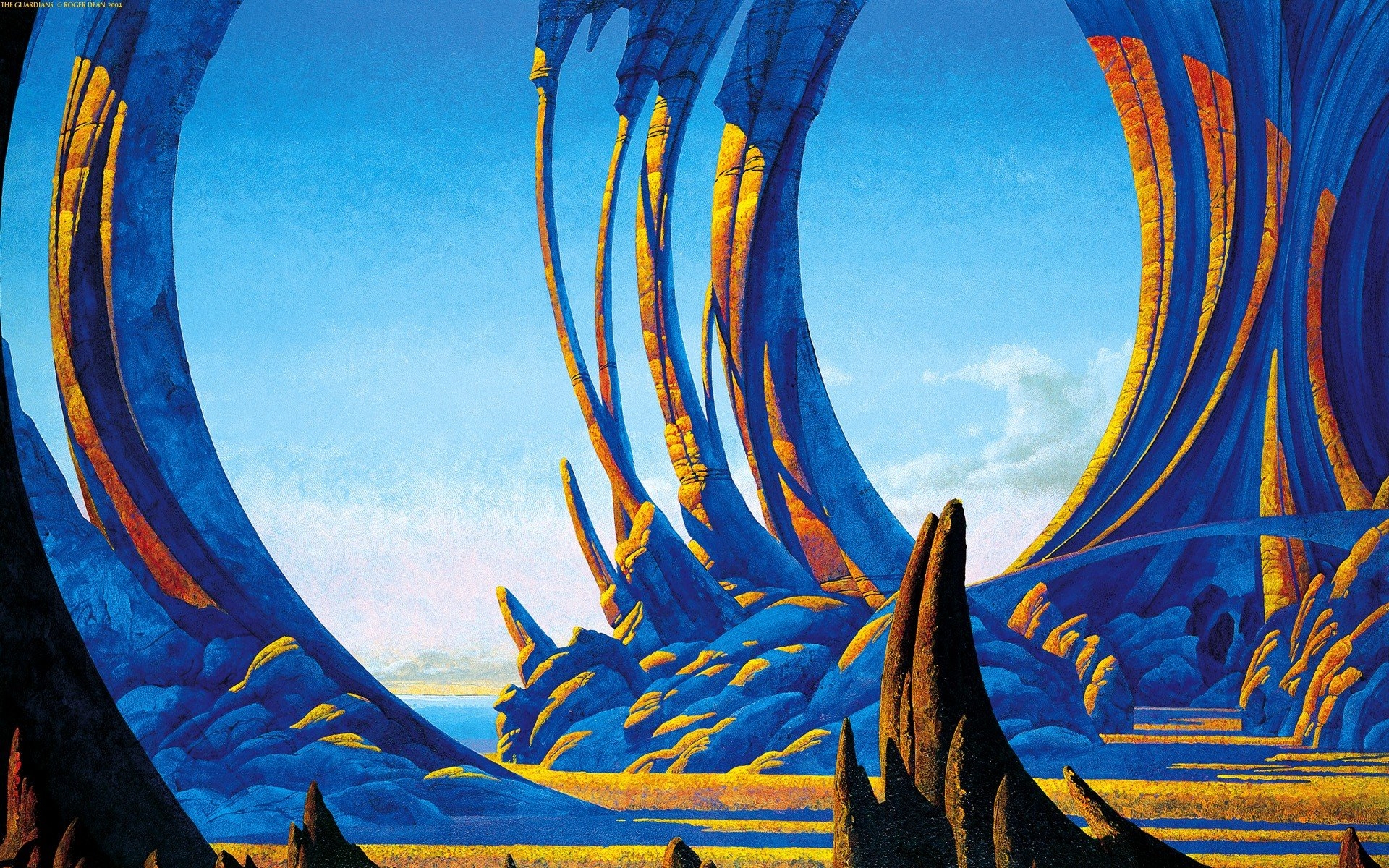



I’ve been a loyal System/MacOS/OS X/macOS user since System 6. From the first time I sat down at a Mac, it’s the only OS family that allows me to forget that I’m using a computer and just do things.
Architecturally the Classic MacOS was a hacked-together mess (though I was pretty good about managing my extensions, and I put together some pretty impressive uptime with my old Power Macs), but the UI was incredibly fast and responsive. Even on my M2 Pro Mini I don’t believe I can navigate my filesystem as quickly or as easily as I could on my OG iMac running 9.2. And I’d still love to visit an alternate universe where macOS evolved from the Server 1.0 UI rather than the Aqua UI.
OS X/macOS feels a little more cumbersome, a little less personal. I don’t always love all the new features Apple pushes in its new releases. (IDEK with the new Settings menu.) And I really didn’t love the hoops I had to jump through to get PHP running on my Mini (I could have gone with an all-Homebrew setup, but I wanted to keep things relatively uncomplicated). The last version of macOS I unabashedly loved was 10.14 Mojave. But in the end, I appreciate all the things that bringing Unix to the Mac allows me to do, and there’s enough of the old MacOS DNA that I’m still mostly able to sit down, forget I’m using a computer, and just get my work done. That’s what I look for in an OS.
I maintain a number of Drupal websites as part of my job. Our stakeholders have varying degrees of familiarity with the ins and outs of computing.
A few months ago I got a ticket from one of our stakeholders. Apparently PDF files were broken across large swathes of their site. What happened was Red Hat pushed through an update to apache that closed some security loopholes. As an unexpected side effect, it also meant that any files being served from Drupal’s private file system would break if the files contained spaces in the names. No rewrite rules seemed to fix the issue; we ended up having to go into the rendered HTML and replace all the spaces in the links with ‘+’ signs. They are now told to make sure future files have underscores instead of spaces in the filename.
So yes, in some cases you still need to use _ (or some sort of non-space character) in file names, even today.


I cant imagine how many accessories will be rendered useless or at least inconvenient to use after this change. Probably gonna be an ewaste disaster.
On the upside, everyone in this thread bitching about Apple hanging on to Lightning for all these years will have something new to hate them for, thus maintaining balance in the universe.


I felt like he was very up front about how the current system, as unfriendly to users as it is, is what has made it possible for him to make a living doing what he loves to do. He even comes out at the end and says if big companies can’t figure out a post-advertising business model, they’ll likely die off, and that means he and people like him are out of a job, ‘and that’s probably the best scenario for users.’ Both ideas — that ad-funded internet ruined the internet, and that ad-funded internet allowed him and thousands of people like him to make a living on that internet — can be true at the exact same time.
Fifteen to 20 years ago many people thought that the anonymity of the internet provided a permission structure for people to act incivilly. But if anything, the rise of social media has disproven that. People post the most incredibly toxic shit on Facebook or Twitter, often under their own names, right now. It’s not the relative anonymity, or lack thereof, that dissuades people from toxic behavior. It’s a collective action problem that rewards whatever the community (however defined) doesn’t rise up to stamp out.
Require a real ID (which sounds vaguely Orwellian where it doesn’t sound nebulous) and you’ll still get Ben Shapiro and Steven Crowder and your uncle yelling transphobic trash on Twitter and Facebook and elsewhere. Places like Reddit and the fediverse are rapidly becoming outliers.
And as pointed out in OP, requiring all accounts tied to an identifiable person would be a disaster for people in abusive relationships, or who have a stalker, or other endangered persons. (Thinking back to Google Buzz and the ways it enabled online harassment and abuse before Google mercifully cut it showrt.)
The current, semi-anonymous, system is possibly the worst system devised, with the possible exception of all the others. No system is going to solve a collective-action problem. We, the collective, have to step up and fix it ourself.
(My understanding of Web 3.0 is limited to the crypto space, which seems inherently scammy; if there’s more to it than that, and I should be aware of it, I’d love to be educated.)
Lots to chew over in this piece. My knee-jerk reaction is to be opposed to any efforts to legislate against thoughtcrime, but I’m not insensitive to the effect deepfakes can have on the women targeted. Yet even saying “legislate” in the previous sentence isn’t quite right (nobody’s suggesting consumers of deepfakes should be prosecuted and imprisoned); what the article seems to suggest is a societal shift in approval vs. disapproval of one’s imagination — which is still alarming at a high level, but less so.
I also wonder if focusing on deepfakes as a unique problem isn’t a category error; AI is making all manner of false scenarios appear photorealistic, with ramifications society-wide. Maybe we need to confront the usage of this technology in general? IDK.
I’m a total browser slut.
At work, I use Firefox as my main browser. I had been using Edge to access the Chromium rendering engine, but I’ve recently switched over to Arc.
At home, I recently exchanged Safari for Orion and Edge for Arc, with Firefox for when I work from home.
I used to have Opera installed for times when a VPN came in handy.
All on Mac